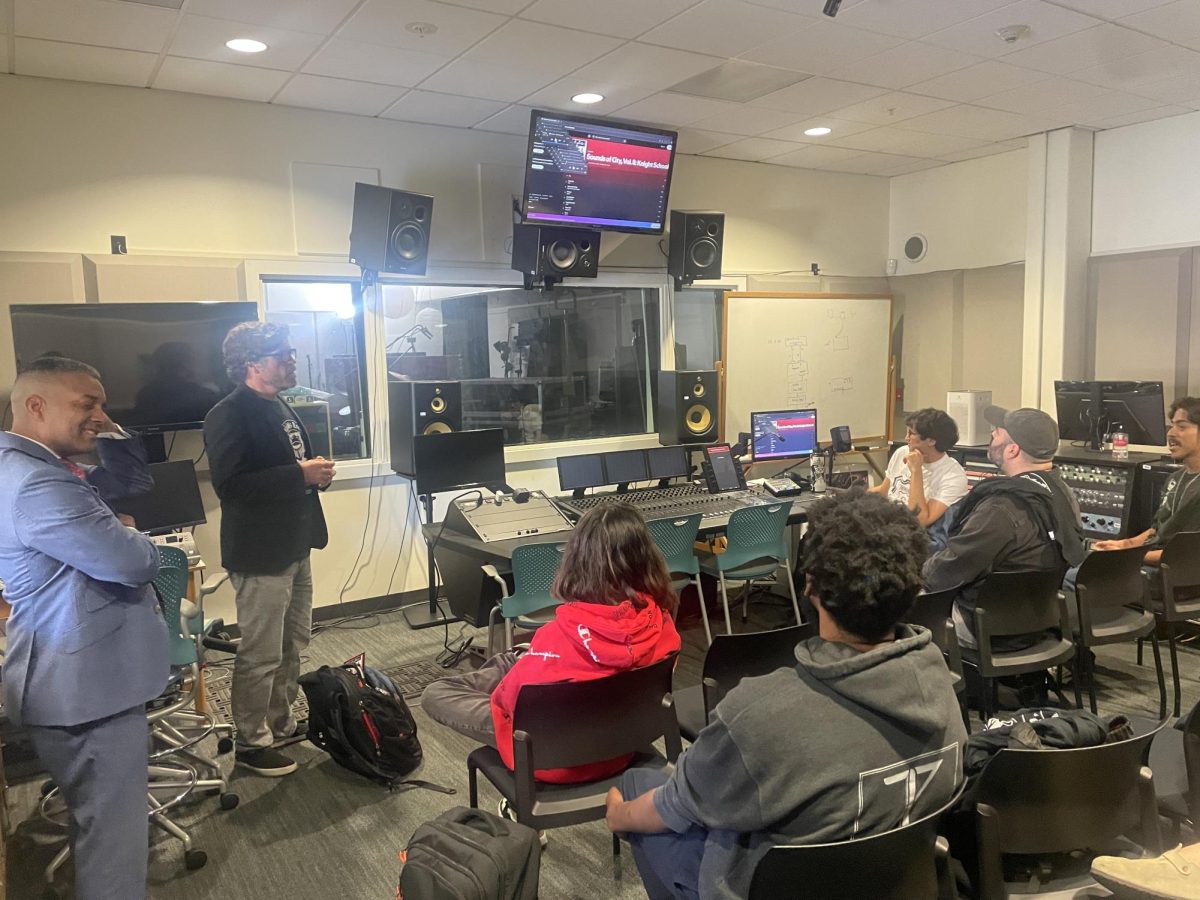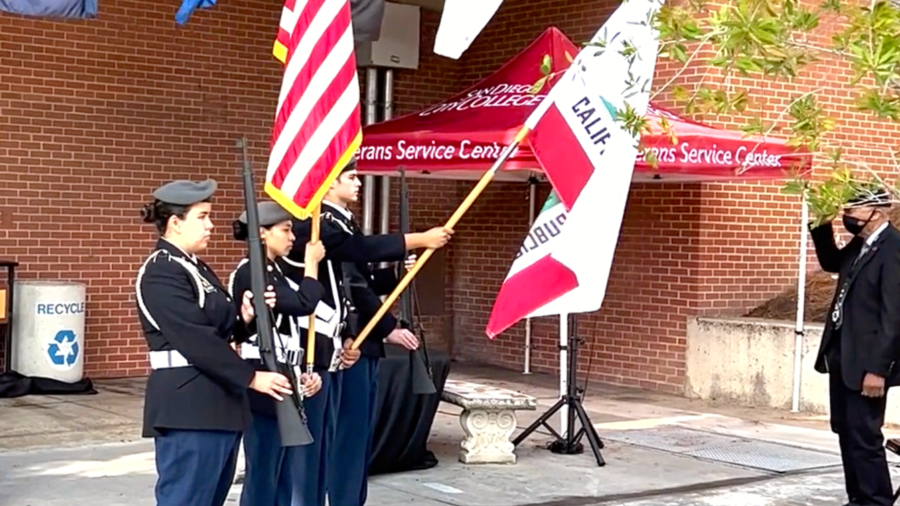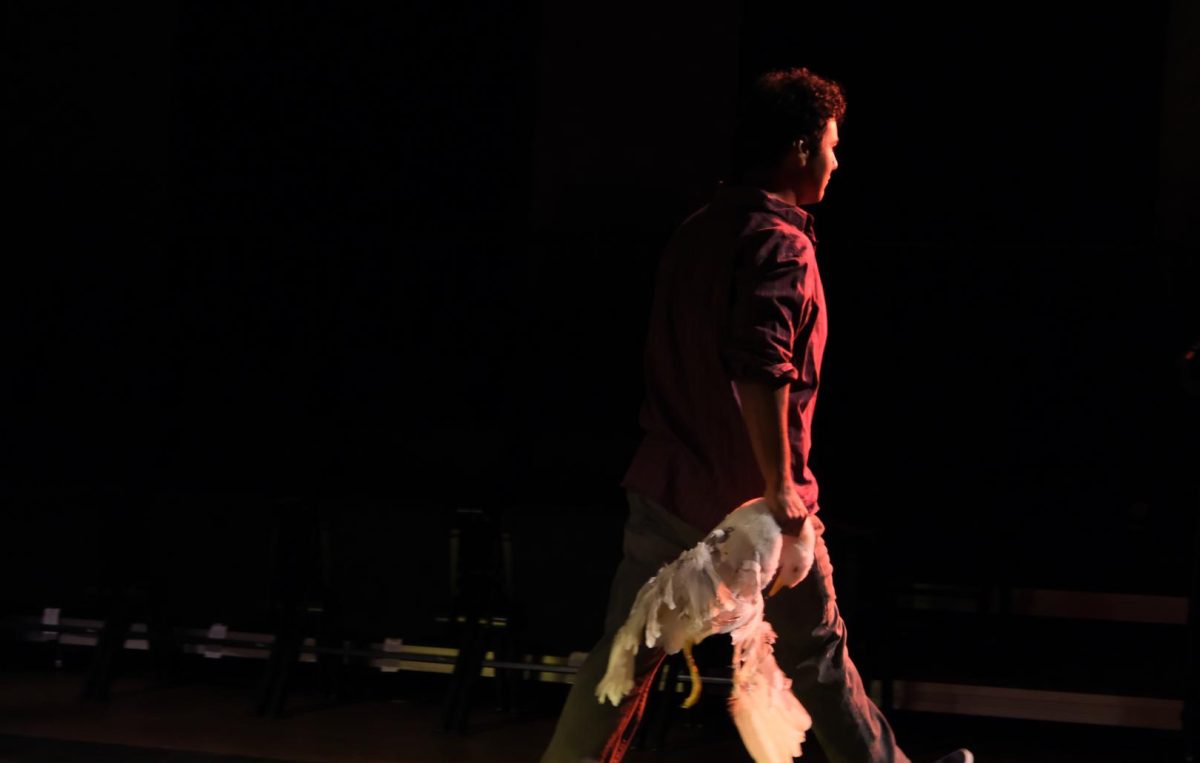SONJIALA HOTCHKISS
City Times
Traditionally, students on spring break do not have a problem finding various paths to altered states of consciousness.
However, a quick read of a good book can create these states while at the same time being quite unlikely to end in arrest, being “late,” regret or lost brain cells.
“The Little Prince” by Antoine de Saint Exupéry and “Jonathan Livingston Seagull” by Richard Bach can be read in one sitting, and both put the reader on a path of examination of self and world.
“The Little Prince” shares its secrets openly. The secrets are printed plain on the page, though the revelations caution the reader about seeing things plainly. The Prince, grown weary with life in a seemingly small space, decides to go on an interplanetary adventure that eventually lands him on planet earth.
Before reaching Earth, the Prince visits six other planets. Like the little Prince’s home world, these planets appear small and have but one humanoid inhabitant. In order, he meets a king who takes pains to make his orders reasonable, a conceited man who only hears praise, a drinker who drinks to forget the shame of drinking, a businessman who counts the stars in order make his ownership of them concrete, a lamplighter who has no time to rest because the days last but a minute, and a geographer who records the exploration of others while never leaving his desk.
Once on planet earth, the Prince relates his life’s story to the author, a pilot crashed in the African desert. The Prince shares with the pilot a lesson learned from a fox, his first friend on planet Earth. Monotony is a self-inflicted woe.
Antoine de Saint Exupéry addresses his tale to the innocence and awareness that was associated with children unadulterated by the sooty smoke of industrialization.The author reminds us that true vision is more than a function of the eye. True vision allows one to know invisible depths and endless individuality.
“Jonathan Livingston Seagull” is often said to have been written in the same vein as ‘The Little Prince.” Jonathan was not like the other seagulls on the beach. He thought life had more to it than just eating and belonging just for the sake of belonging. Jonathan was not content that his wings could take him from point A to point B. Jonathan wanted to learn how to fly better. In “Johnathan Livingston Seagull,” Richard Bach writes a story about courage, defiance and truth.
If you have ever felt the discomfort of being the oddball, the one out of step or the incredibly loud and somewhat awkward squeaky wheel, then this may be a story for you. Richard Bach reminds us that it is not always easy being the one to ask the hard question or the new question.
Bach reminds us that success is not always rewarded and sincerity is not always met with welcoming arms. Jonathan reminds us that although the squeaky wheel may sometimes receive a swift kick instead of the needed grease, even an odd little bird can find joy and fulfillment in life when focused.
Jonathan knows the little Prince’s secret. He bypasses the comfort of an ordered, neatly defined existence, and thus expands the bounds of his world as well as his knowledge of himself and others.
These books are often found in the children’s sections of many libraries and bookstores. While they do speak with uncommon purity, they also speak with a dazzling breadth that encompasses secrets for young and old.







